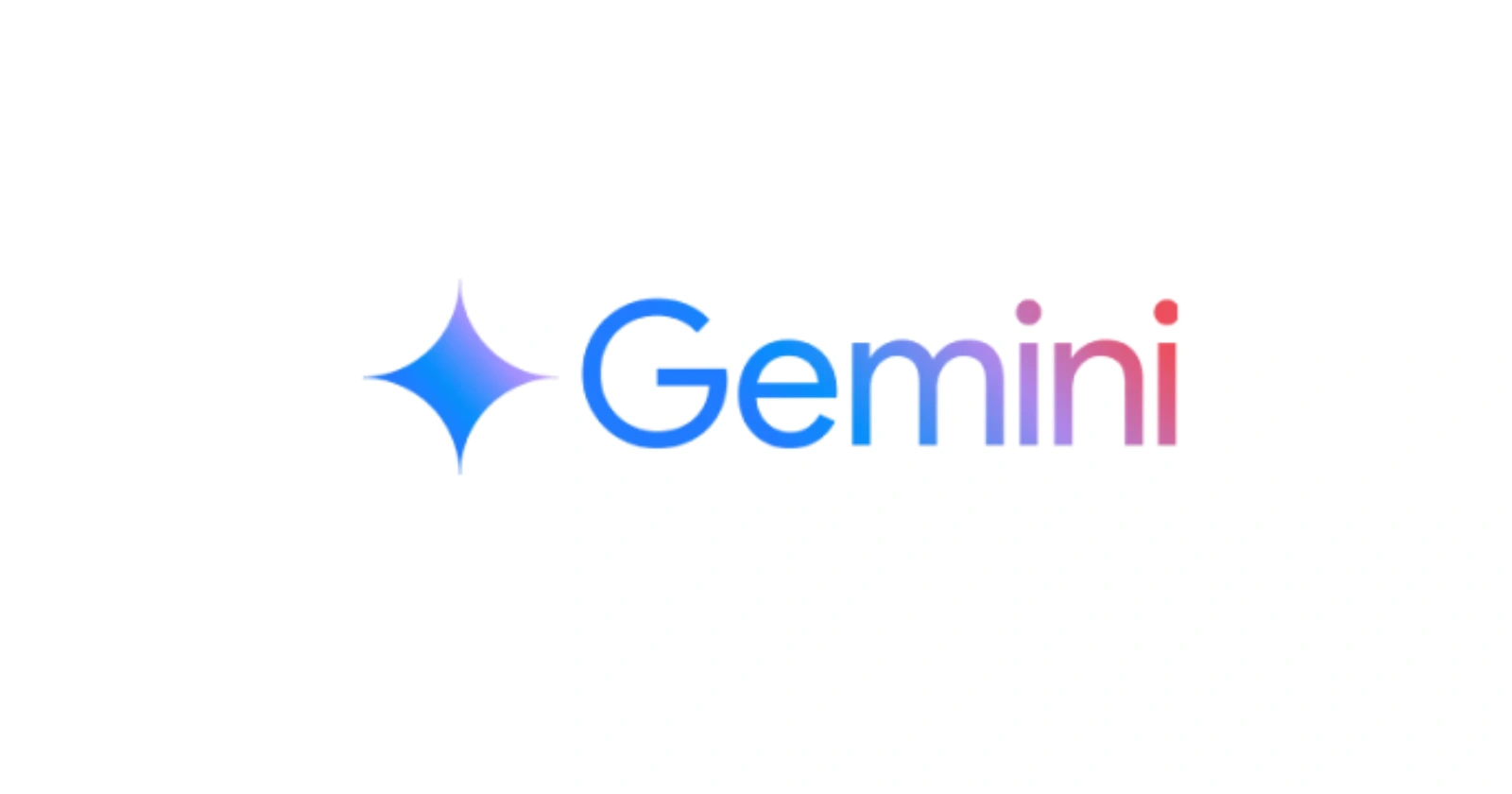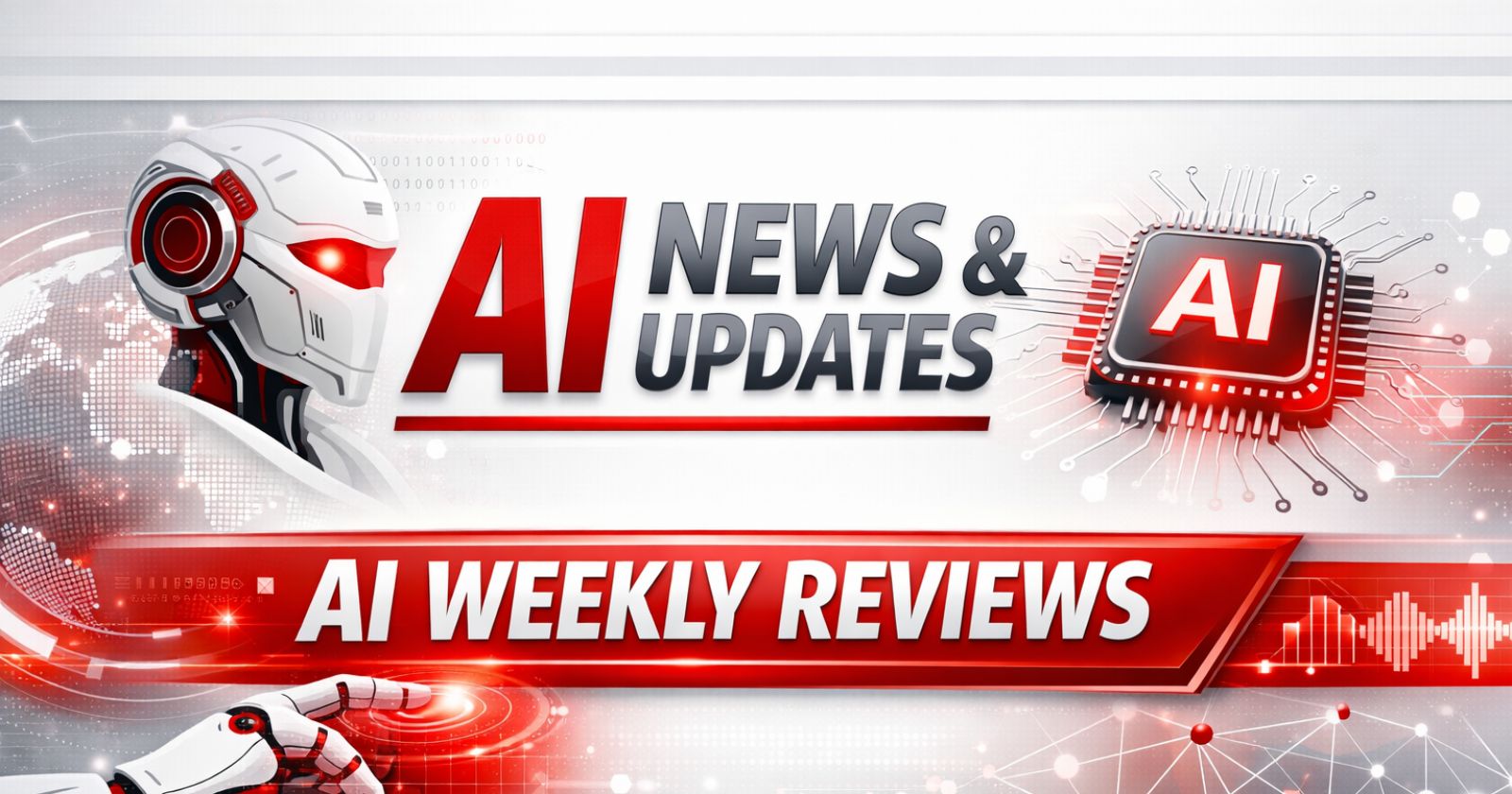In the accelerating race among tech leaders to embed artificial intelligence into everyday corporate operations, Google has unveiled a bold new contender. On October 9, 2025, during its Gemini at Work event, the company introduced Gemini Enterprise, a comprehensive platform designed to place sophisticated AI agents at the fingertips of employees across organizations. This launch signals Google’s determination to capture a larger slice of the burgeoning enterprise AI market, where rivals like Microsoft and OpenAI are already vying for dominance.
By consolidating its advanced models, no-code building tools, and a vast ecosystem of pre-built agents, Gemini Enterprise promises to streamline complex tasks, from trend analysis to customer outreach, potentially transforming how teams collaborate and innovate.
The platform arrives at a pivotal moment for businesses grappling with AI’s potential. As companies move beyond experimental chatbots toward autonomous agents that handle multi-step processes, Google’s offering stands out for its emphasis on integration and accessibility.
Thomas Kurian, CEO of Google Cloud, described it during the event as the “new front door for AI in the workplace,” highlighting its role in connecting employees’ daily tools with intelligent automation. Priced accessibly and backed by Google’s robust infrastructure, Gemini Enterprise could accelerate AI adoption, particularly as cloud spending surges amid demands for scalable solutions.
Core Components Powering Everyday Efficiency
At its heart, Gemini Enterprise leverages Google’s latest Gemini models, including the newly available Gemini 2.5 Flash Image, to deliver contextual intelligence. Users can converse naturally with company documents, data repositories, and applications, receiving tailored insights grounded in their specific roles and organizational knowledge. This personalization—remembering “who you are and what you do,” as Kurian put it—sets it apart from siloed AI tools, fostering a more intuitive experience.
The platform’s architecture rests on six foundational elements, each engineered to support end-to-end workflows:
- Advanced Models as the Brain: Powered by Gemini’s multimodal capabilities, these handle everything from text generation to image analysis, ensuring responses are precise and context-aware.
- No-Code Workbench for Agent Creation: Drawing from the technology behind the former Google Agentspace, this low-barrier interface allows non-technical users to design and orchestrate custom agents without programming expertise. Existing Agentspace customers will upgrade to Gemini Enterprise at no extra cost through their contract terms.
- Pre-Built Agents for Specialized Roles: A ready-to-deploy suite includes tools like the Code Assist Agent for software development, Deep Research Agent for in-depth analysis, and others focused on data science and customer engagement. Over 1,500 such agents are available out of the box.
- Seamless Data Connectors: Integration extends beyond Google’s ecosystem to rivals’ platforms, including Microsoft 365, Salesforce, SAP, Box, Confluence, Jira, and Microsoft Teams. This interoperability ensures agents pull real-time data from wherever it resides.
- Centralized Governance Framework: Built-in features like Model Armor provide monitoring, security, and auditing controls, allowing administrators to visualize, secure, and track all active agents from a single dashboard. This addresses enterprise concerns over compliance and data privacy.
- Open Partner Ecosystem: With more than 100,000 collaborators, including announcements from Box, Salesforce, ServiceNow, and S&P Global, the platform includes an “AI agent finder” to discover thousands of validated third-party solutions tailored to niche needs.
These components converge to automate intricate processes that once required weeks of manual effort. In a live demonstration at the event, Google product leader Maryam Gholami showcased a “campaigns agent” that orchestrated four specialized agents: one for market research spotting sci-fi trends, another generating media assets, a third managing inventory via ServiceNow purchase orders, and a final one drafting emails to store managers. The entire sequence unfolded in a streamlined conversation, underscoring Gemini Enterprise’s potential to unify data, tools, and teams.
Pricing Tiers Tailored for Scale and Simplicity
Accessibility remains a cornerstone of Google’s strategy. Gemini Enterprise launches globally wherever Google Cloud operates, with tiered subscriptions to suit varying organizational sizes.
The flagship Gemini Enterprise Standard and Plus editions start at $30 per user per month on annual plans, offering full governance, enhanced storage, and advanced management for large enterprises.
For smaller businesses, startups, or departmental rollouts, Gemini Business provides a lighter version at $21 per user per month, including a 30-day free trial but with reduced security features and cloud storage.
This pricing undercuts some competitors while delivering comparable breadth, positioning Google to attract cost-conscious adopters. As Sundar Pichai, Google’s CEO, noted in a company blog post, the platform “brings the full power of Google’s AI to every employee,” emphasizing its role in democratizing agentic workflows.
Real-World Wins: How Early Adopters Are Thriving
Google’s pitch gains credibility from its growing roster of customers, who report tangible gains in speed and output. Retailer Gap, for instance, turned to Gemini Enterprise to accelerate trend detection and product launches.
Chief Technology Officer Sven Gerjets praised its comprehensive integration, telling Axios that it enabled faster deployment at a lower cost than piecing together multiple vendor tools. “It allowed us to move faster and at a better price point,” Gerjets said.
Cruise operator Virgin Voyages has deployed over 50 specialized agents, including “Email Ellie” for personalized marketing. CEO Nirmal Saverimuttu shared at the event that this integration cut content production time by 40 percent and drove a 28 percent year-over-year sales increase in July, while reducing agency costs by 35 percent. “AI is about getting the best from our people,” Saverimuttu emphasized, framing the technology as an amplifier for human creativity rather than a replacement.
Other adopters span industries: Australia’s Macquarie Bank has trained 99 percent of its staff on generative AI via Gemini Enterprise, rolling it out company-wide. Apparel lender Klarna, design firm Figma, food distributor Gordon Food Service, and healthcare provider HCA Healthcare are also onboard, leveraging agents for tasks like financial analysis and patient data insights. Best Buy joins the list, using the platform to enhance retail operations. These cases illustrate Gemini Enterprise’s versatility, from creative marketing to operational streamlining.
| Customer | Industry | Key Benefit | Reported Impact |
|---|---|---|---|
| Gap | Retail | Trend spotting and product response | Faster deployment, cost savings vs. multiple tools |
| Virgin Voyages | Travel | Personalized marketing via Email Ellie | 28% sales growth; 40% less production time |
| Macquarie Bank | Finance | Employee-wide AI training | 99% staff completion rate |
| Klarna | Fintech | Workflow automation | Enhanced data analysis across lending ops |
| Figma | Software | Design and collaboration agents | Streamlined creative processes |
The Broader AI Landscape: Google Positions for Growth
This launch unfolds against a fiercely competitive backdrop. Microsoft’s Copilot in 365, OpenAI’s enterprise ChatGPT tools, and offerings from Amazon, IBM, Oracle, and Anthropic all target similar automation goals, with enterprises increasingly prioritizing agents that orchestrate actions across apps.
Google, part of the “cloud big three” alongside Amazon Web Services and Microsoft Azure, trails in market share but leverages custom Tensor Processing Units and Gemini models for an edge in AI-driven workloads. Its cloud revenue hit $13.62 billion in the June 2025 quarter, exceeding expectations and underscoring momentum.
Yet challenges persist. Alphabet shares dipped over 1 percent to $240.31 on launch day, despite a 28 percent year-to-date gain outpacing the S&P 500’s 15 percent rise. Analysts view Gemini Enterprise as a smart monetization play for Google’s AI investments, but scaling adoption will hinge on proving returns amid economic pressures.
To ease entry, Google introduced Google Skills, a free learning hub with 3,000 courses, and the Gemini Enterprise Agent Ready (GEAR) program aiming to train one million developers in agent building. These initiatives reflect a holistic push: not just selling technology, but equipping workforces to wield it effectively.
What Lies Ahead
As AI evolves from novelty to necessity, Gemini Enterprise embodies Google’s vision of an agent on every desk—one that augments human ingenuity without overwhelming it. For businesses eyeing the next productivity frontier, this platform offers a unified path forward, blending cutting-edge models with practical safeguards.
In a world where time is the ultimate currency, Google’s latest move could redefine how enterprises invest it, one automated workflow at a time. Early signs from adopters suggest the payoff is already materializing, setting the stage for broader transformation across sectors.



